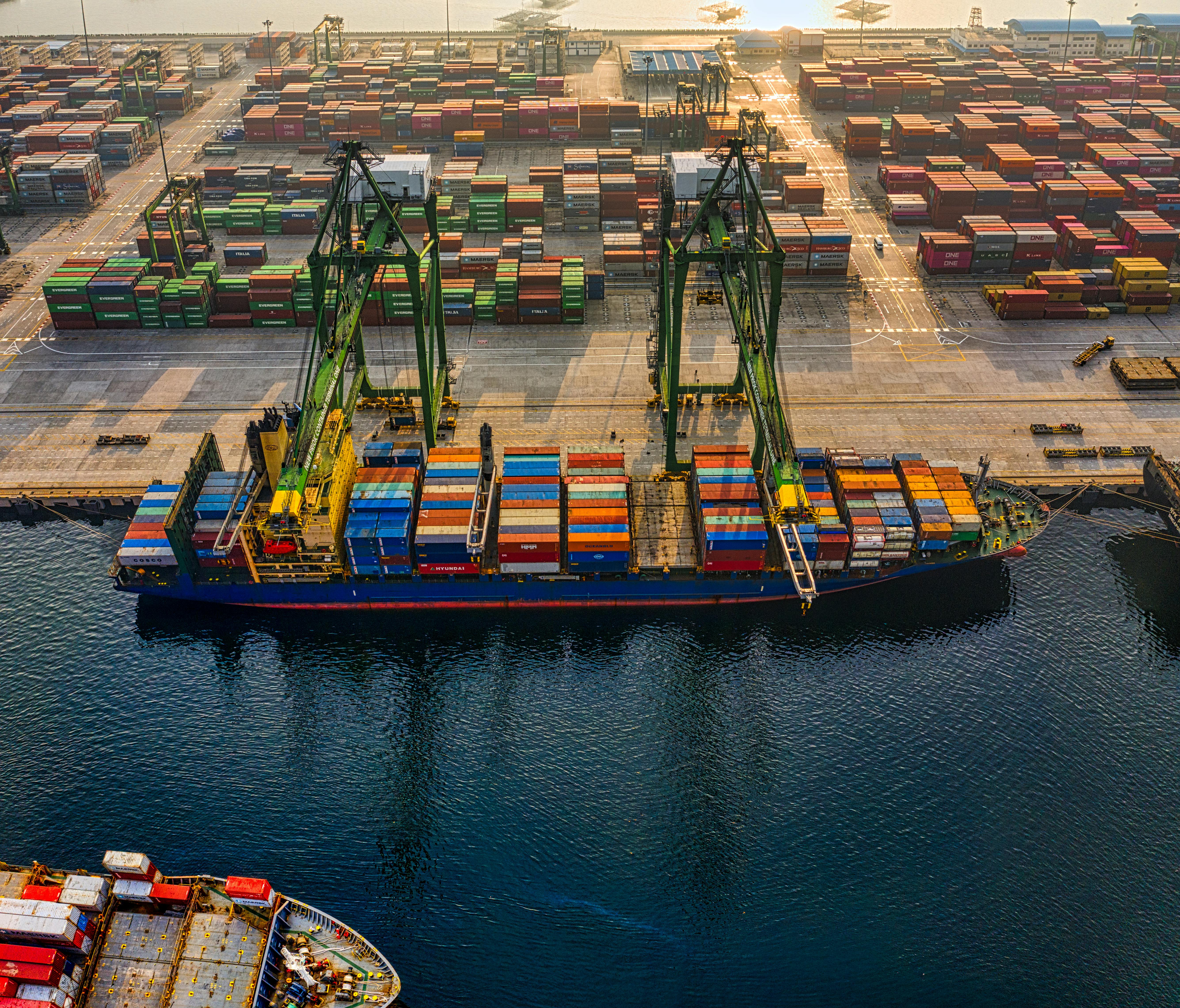EU’s Vegetable Oil Imports to Rise as Sunflower Crop Withers
Heat waves are scorching sunflower crops across European Union countries, dashing hopes the region could reduce its vegetable oil import needs by growing more of the oilseeds domestically.
An aggregation of growing conditions for all of the EU’s sunflower-growing areas shows that the Gro vegetative health index, a key indicator of plant health, is at one of its lowest levels in more than two decades, according to Gro’s Climate Risk Navigator for Agriculture.
In addition, the Gro Drought Index, for acres planted to sunflowers, is at its highest reading in nearly 20 years, while soil moisture levels are the lowest in more than a decade.
View a Navigator display weighted for EU sunflower planted area here, or schedule a demo with our sales team here to learn how Climate Risk Navigator can be tailored to your organization’s needs.

.An aggregation of growing conditions for all of the EU’s sunflower-growing areas, using Gro’s Climate Risk Navigator for Agriculture, shows that the Gro vegetative health index (red line), a key indicator of plant health, is at one of its lowest levels in more than two decades. A similar index reading was seen in 2007 (blue line).
EU countries traditionally relied on Ukraine to supply more than 40% of the bloc’s sunflower oil imports. An agreement to restart Ukrainian agricultural exports from the country’s war-blocked Black Sea ports was signed last Friday, which could help restore sunflower oil shipments to the EU. But questions about the export agreement’s implementation persist after Russia subsequently launched a missile attack on the port of Odessa.
Most sunflower seeds in the EU are crushed to make vegetable oil, which is mainly used in the food industry and for manufacturing biofuels. EU acreage planted to sunflowers was expanded by 1% this year, just shy of the 2013 record for area planted, to increase domestic production and partly offset Ukraine’s blocked exports.
However, poor growing conditions suggest the EU harvest will decrease. The Gro vegetative health index and Gro Drought Index, weighted for EU sunflower acres using the Gro Climate Risk Navigator, are both closely tracking readings last seen in 2007, when EU sunflower production fell by 26% year over year.
In Romania, which produces nearly one-third of the EU sunflower crop, growing conditions are slightly more favorable, although soil moisture remains at a decade low, as can be seen in this Climate Risk Navigator display. Europe’s sunflower crop is harvested in September and October.
Sunflower oil accounts for about 10% of vegetable oils consumed worldwide. Edible oils, which are used by nearly all consumer packaged goods companies, are generally interchangeable, so a shortage of one type exerts price pressure on the others.
Globally, the outlook for US soybean oil supplies remains uncertain as hot and dry conditions bake the US Midwest. Palm oil represents a bright spot for procurement managers worldwide as Indonesia seeks to boost exports to reduce bloated domestic inventories. Another bright spot: Australia is expected to produce a second record crop of canola.
Source Gorinteligence.com
2022 - Brazil reaches record in soybean oil exports
Considering the historical series started in 2018, 2022 is already a record year for soybean oil exports, in terms of revenue. From January this year to mid-August, data from the Special Secretariat for Foreign Trade and International Affairs of the Ministry of Economy show that Brazil has already shipped 1.59 million tons abroad, resulting in partial revenue of US$ 2.5 billion. .
In comparison with last year’s consolidated, the growth in revenue for the export of soy oil is already at 25%. “Spectacular performance”, emphasized the content director of Canal Rural, Giovani Ferreira. The statement was made for the edition of the AgroExport newsletter, which was aired on the TV news program ‘Mercado & Companhia’
Brazil, although not a major producer and exporter of edible oils, stands out for the variety of oils. It is possible to import soy oil, palm oil, sunflower oil, rapeseed oil, coconut oil, peanut oil, linseed oil, sesame oil, among others.

sales@mellocommodity.com.br | www.mellocommodity.com.br
WhatsApp Commercial +55 35 991 295 29 | +55 21 976 723 023
Rio de Janeiro | Minas Gerais | São Paulo – Brazil
Related
Related Post

Import Export Business: The Secret of the Best Brazilian Suppliers
Contents How Importers Can Gain a Competitive Edge with Strategic Supplier Selection in the Import [...]
An ‘aggressive’ fight over containers is causing shipping costs to rocket by 300%
FIGHT OVER CONTAINERS - A critical shortage of containers is driving up shipping costs [...]
Food Importers: Discover How to Find the Best Brazilian Food Suppliers
You, a food importer, are about to discover a unique opportunity that can completely transform [...]


